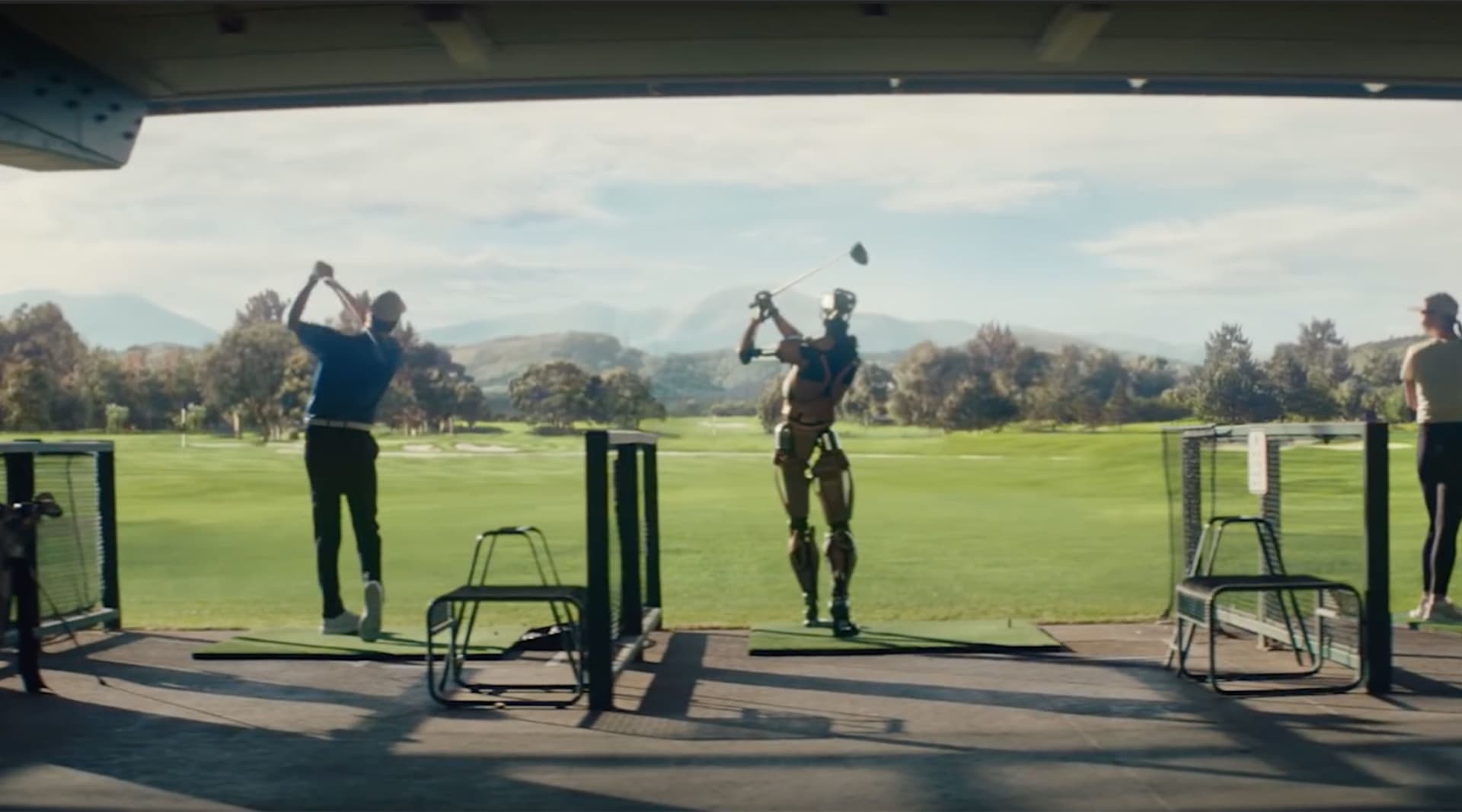2018 was a turbulent year. Emotions ran high as Americans stared down the barrel of political upheaval, environmental unease and economic instability. With the country feeling frayed, brands kept things relatively light, offering a brief reprieve with their Super Bowl LIII ads. “For advertisers it’s somewhat of a play-it-safe year,” said Charles R. Taylor, a professor of marketing at the Villanova University School of Business. “We’re not hearing about anything crossing over in politics.” Instead, brands focused on what brings people together with stories of empowerment, human connection, and the evolving role of technology – gently poking fun in the process.
Poking fun at tech
In contrast to prior years, the overarching sentiment of this year’s Super Bowl ads was not political. Instead, the lion’s share of ads passed commentary on tech’s looming presence. After a year of both lightning-fast, unfettered technological advancement and commensurate backlash to tech’s influence and reach, brands across all categories have started to question and even ridicule technology’s trajectory.
With digital assistants on the rise, brands like TurboTax, Pringles and Michelob Ultra gently mocked their growing influence with vignettes highlighting the limitations of devices’ emotional intelligence. TurboTax introduced Robo Child, a 21st century Pinocchio caricature who, after being told he is “never going to be emotionally complex enough,” responds by saying “I am sad” and then bursting into laughter. Pringles’ sad smart device laments that she’ll “never know the joy of tasting [Pringles], for I have no hands to stack with, no mouth to taste with, no soul to feel with.”



